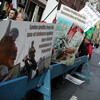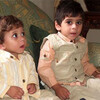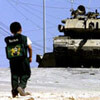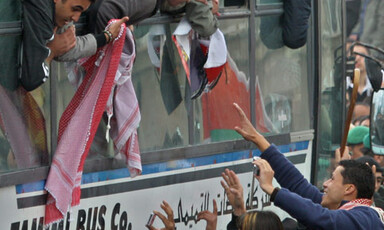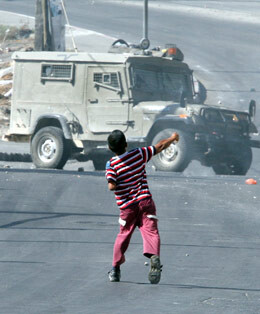
The first intifada 20 years later
10 December 2007
The first Palestinian intifada (uprising or shaking off) erupted dramatically on 9 December 1987 after twenty long years of brutal Israeli military occupation. The Palestinians had had enough. Not only had they been dispossessed of their homeland and expelled from their homes in 1948 to make way for the boatloads of European Jewish immigrants flooding into Palestine on a promise of a Jewish state, they had been made to suffer the indignities of a people despised and rejected by the whole world. Sonja Karkar comments for EI on the anniversary of the beginning of the first intifada. Read more about The first intifada 20 years later

